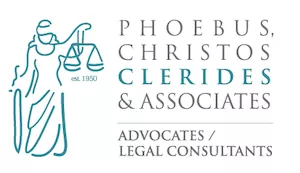- with readers working within the Property industries
- within Law Department Performance and Transport topic(s)
Civil Appeal No. 287/2015 | 12 June 2025
In a unanimous judgment given on the 12th of June 2025, the Supreme Court of Cyprus reaffirmed that a mortgage creates an autonomous primary obligation, independent of the lender's ability to prove a debt against the mortgagor personally.
The case involved mortgages granted by guarantors to secure banking facilities issued to a third-party company. While the trial court had dismissed the lender's monetary claim against one guarantor due to evidentiary deficiencies, it still ordered foreclosure on the mortgaged properties. The appellants argued that this was inconsistent and challenged the validity of the mortgages due to vague terms—particularly in relation to interest, charges, and legal costs.
The Supreme Court rejected both grounds of appeal, holding that:
- A mortgage agreement can exist independently of an enforceable monetary judgment against the mortgagor.
- The mortgage documents sufficiently specified the maximum secured amount and the applicable interest—whether fixed or floating—thus complying with Section 21(1)(c) of the Immovable Property (Transfer and Mortgage) Law, Cap. 9.
The Court also noted that any new legal arguments raised for the first time on appeal could not be entertained.
A mortgage is a standalone legal obligation. Challenges based on alleged vagueness will fail if the principal, interest, and additional charges are ascertainable by reference to the mortgage documents.
The content of this article is intended to provide a general guide to the subject matter. Specialist advice should be sought about your specific circumstances.


